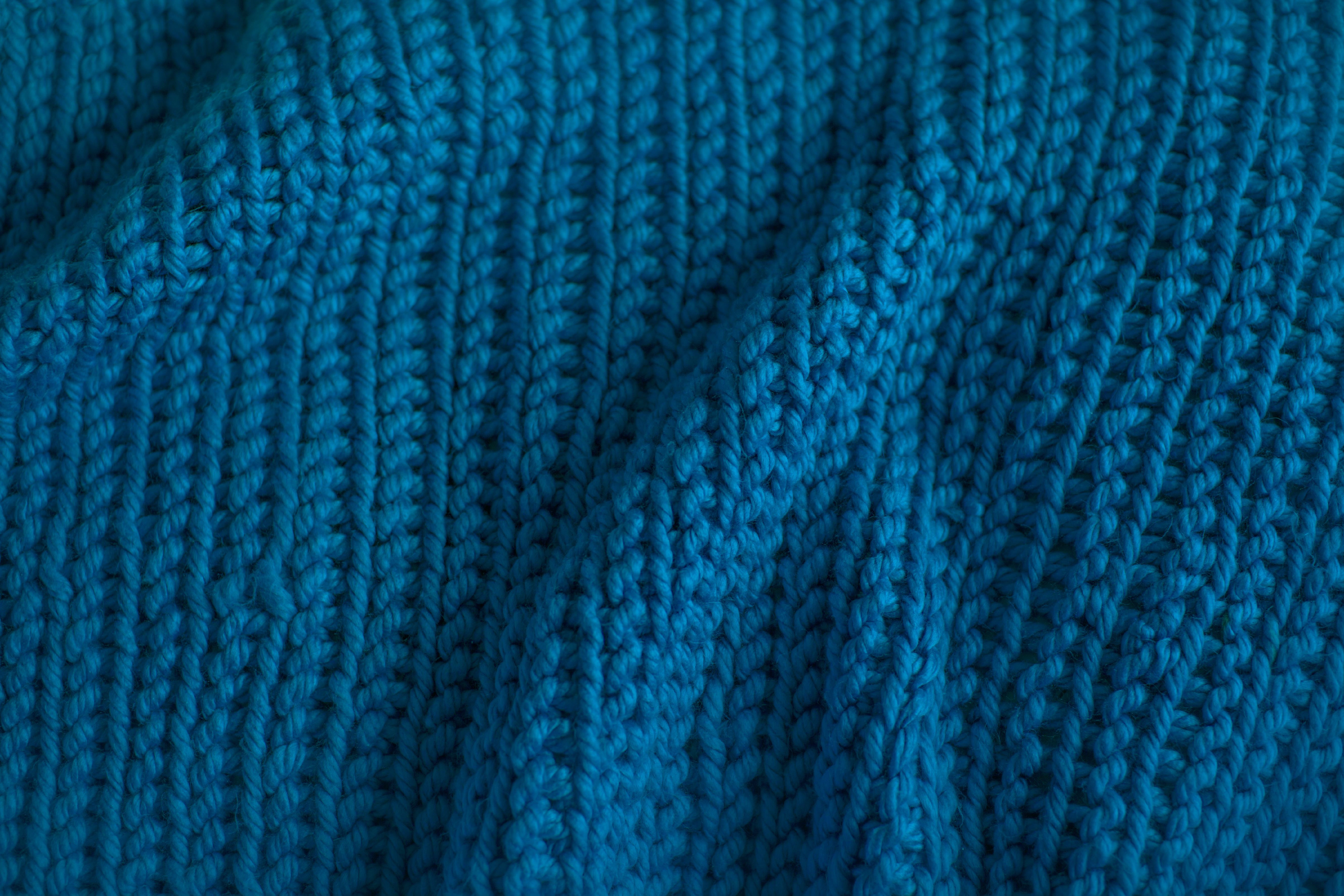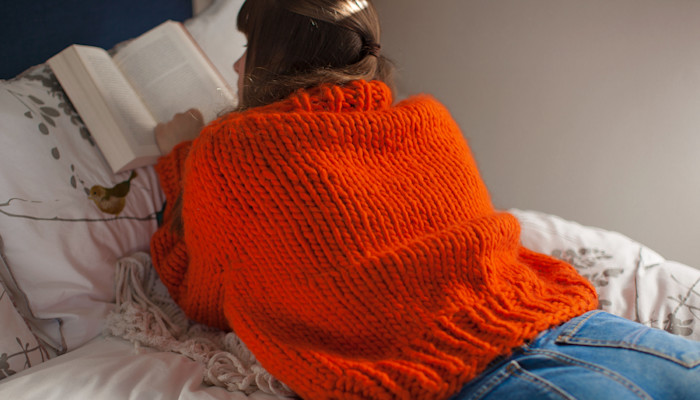Made in Melbourne: knits and jumpers
I don't know about you, but Melbourne has been feeling pretty cold lately. We've all been kept inside passing the time reading books and endlessly watching Netflix. With a cup of tea or coffee in one hand and phone in the other, personally I'm waiting for lockdown to end so I can replace hug emojis with the real thing. When online shopping is our only option, what better uniform for these times than a cosy jumper? Melbourne is full of independent designers and makers who can help us get through winter with a bit of colour and a lot of comfort.

Lil Knits
One woman is all it takes to make these beautiful knits. Lil is a self-taught knitter who handmakes all her garments with natural, biodegradable and recycled materials. She uses carbon neutral couriers as well. The designs are all one-off pieces made to order, so you can be sure you’re getting a one-of-a-kind knit made just for you. Her designs feature cosy oversized jumpers, chunky cardigans and bold striped scarves. She also sells knit kits with everything you’ll need to make your own at home!
Find out more on her website.
HoMie
This unisex streetwear label was established for young people – and I mean that literally. The brand uses 100 per cent of their profits to support vulnerable young people facing homelessness in Melbourne. They also provide training programs and employment to help break the poverty cycle. Their young interns walk away with a Cert III in retail operations and the work experience needed for future employment in one of their pathway retail partners. On top of HoMie’s social agenda, they’re also a sustainable brand. They’re super transparent about their production and supply chain and they up-cycle preloved items to reduce waste. While the bulk of their range is ethically made in China, their up-cycled REBORN collection is made entirely in Melbourne, as well as their accessories.
Find out more on their website.
Kuwaii
Since 2008, Kristy Barber's brainchild Kuwaii has been a Melbourne favourite. They are committed to sustainability and ethical production in everything they do – from their tailored pants to their Melbourne-made shoes. Everything is designed and made within a 15km radius of their head office in Brunswick, keeping their transport costs and carbon emissions to a minimum. They also have a lifelong repairs program to ensure the longevity of your Kuwaii pieces. They will also take back your pre-loved pieces for recycling and give you a $20 voucher in the process. They use surplus fabrics, organic and natural fibres, and source their fabrics through Australian textile agents to support local producers.
Find out more on their website.
Clothing the Gap
Owned and operated by Aboriginal women, Clothing the Gap is a spin on the Australian government’s Closing the Gap scheme, which aims to close the life expectancy gap between Aboriginal and non-Aboriginal Australians. 100 per cent of their profits support this goal through independent health and education programs run by Wellah. The brand also hosts events to raise awareness and celebrate Aboriginal culture. They are also Ethical Clothing Australia certified and design and manufacture entirely on Wurundjeri land in Naarm (Melbourne). They want to encourage both Aboriginal and non-Aboriginal people to wear their clothes with pride to help ‘clothe the gap’.
Find out more on their website.
